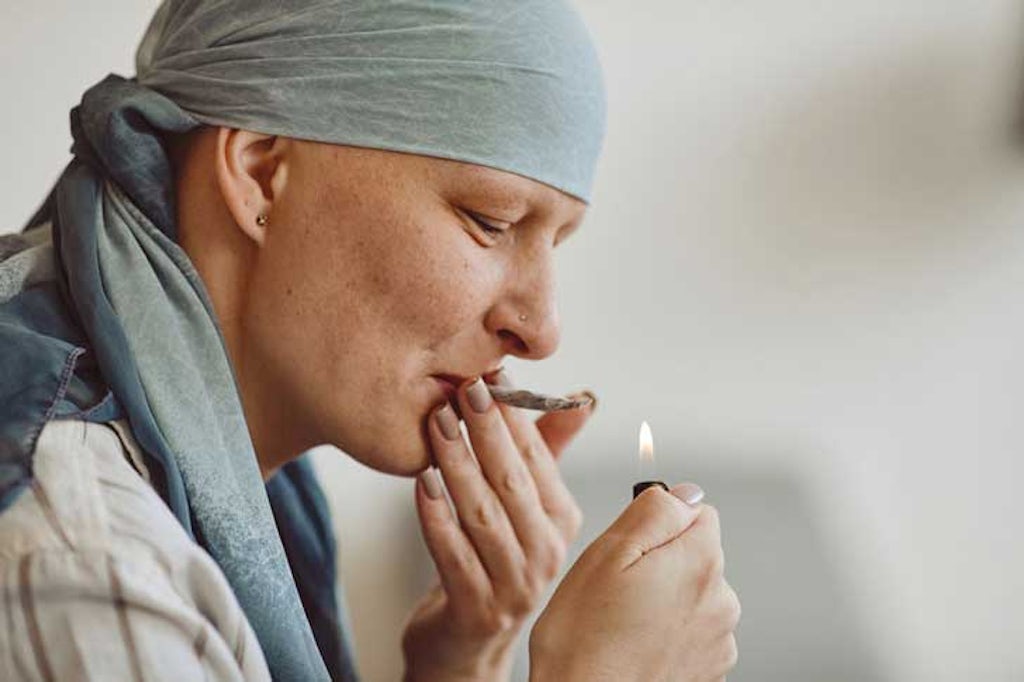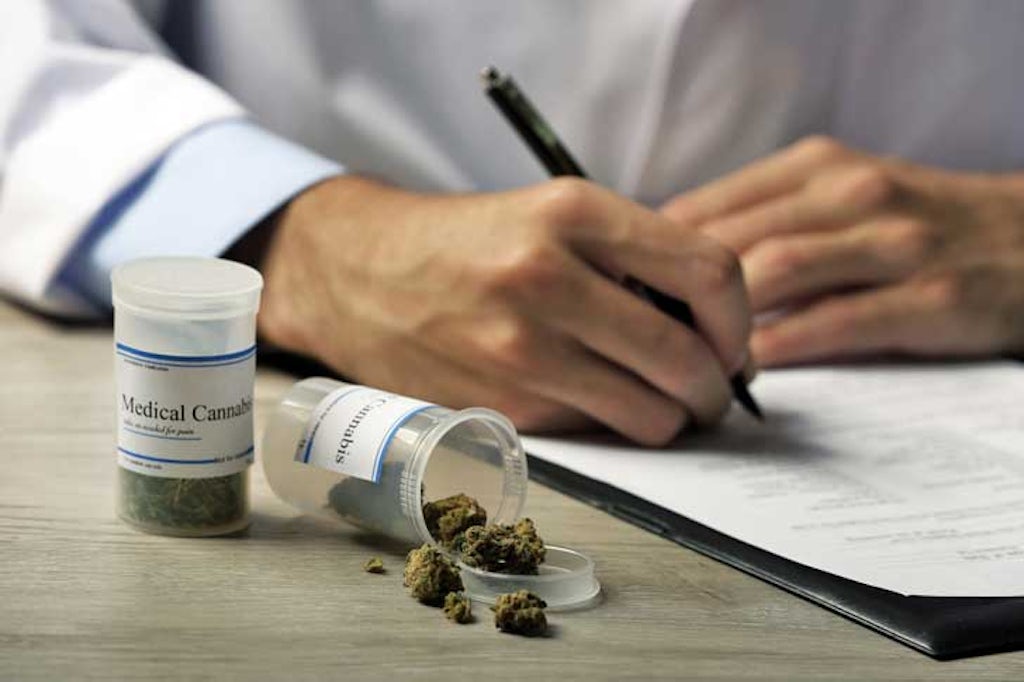Physicians still don’t have enough evidence on the anti-tumor effect of cannabis, says Dr. Artur Aguiar, a radiation oncologist and pain medicine physician from Portugal.
But that doesn’t mean it can’t help treat cancer.
“A lot of patients ask for Rick Simpson Oil and high-CBD and high-THC hash oil and we cannot give them any credible information about how their cancer will respond to those substances,” Dr. Aguiar said. “But we can assure them with good information about how their symptoms may improve and how their quality of life may improve with cannabinoid formulations and drugs.”
The relief of symptoms can also play a key role in helping cancer patients battle the disease itself.
“If we can improve the quality of life of the patients we will also improve their adherence to the anti-cancer treatments,” Dr. Aguiar said during an online panel discussion entitled “Cannabinoids and Cancer,” alongside Prof. David “Dedi” Meiri, PhD, at the Portugese Medical Cannabis conference on Friday.
“Unfortunately, many need to reduce their radiotherapy doses or postpone their surgeries because of cachexia, uncontrolled pain, depression, and other problems,” he continued. “With the help of cannabinoids and the manipulation of the endocannabinoid system, we can improve those parameters and improve their adherence to those treatments leading directly to better overall results in anti-cancer treatment.”

Meiri, who is best known for his pre-clinical work exploring the anti-tumor properties of cannabinoids, specified that there is a lot of data on the palliative treatment of cancer symptoms through the use of cannabis, especially among patients in Israel.
“There is no doubt that for symptoms, [cannabis] is a key holistic treatment,” and that for pain and “attitude,” cannabis can “really, really improve the quality of life of cancer patients.”
That understanding is only one of the major shifts happening in medicine with regards to cannabis and cannabinoid research.
Changing attitudes in the medical establishment
Only about five years ago, when Meiri would speak to colleagues or health care professionals about his medical cannabis research, he said they were often skeptical, and heavily influenced by the stigma they had internalized towards cannabis.
The situation couldn’t be more different today.
“I’m going to hospitals for talks and speaking to the heads of departments around twice a week,” Meiri said. You can see the change happening because usually when I’m starting the meeting there’s always the same joke: if I brought any samples with me.”
After every single talk he gives, Meiri continued, participants have approached him to discuss potential collaborations.

Doctors need to take the lead
Meiri, the principal investigator at the Laboratory of Cancer Biology and Cannabinoid Research at the Technion Israel Institute of Technology, also discussed changing perceptions of cannabis and how education — particularly for physicians — can be key to changing how people look at medical cannabis.
“Change comes from physicians,” Meiri said. “If physicians are on board, then people can change their minds.”
Aguiar agreed that its key for medical professionals to know the science behind cannabis.
“If we doctors don’t truly understand the endocannabinoid system and how to use it to our advantage,” Dr. Aguiar said, “I guess the patients would not know it either.”
The first international PTMC conference was held in Lisbon in November 2018, and each year it has brought together internationally known doctors, researchers, and legal experts to talk about the therapeutic potential of cannabis and to educate the public and healthcare professionals about the plant.
Sign up for bi-weekly updates, packed full of cannabis education, recipes, and tips. Your inbox will love it.

 Shop
Shop Support
Support
















